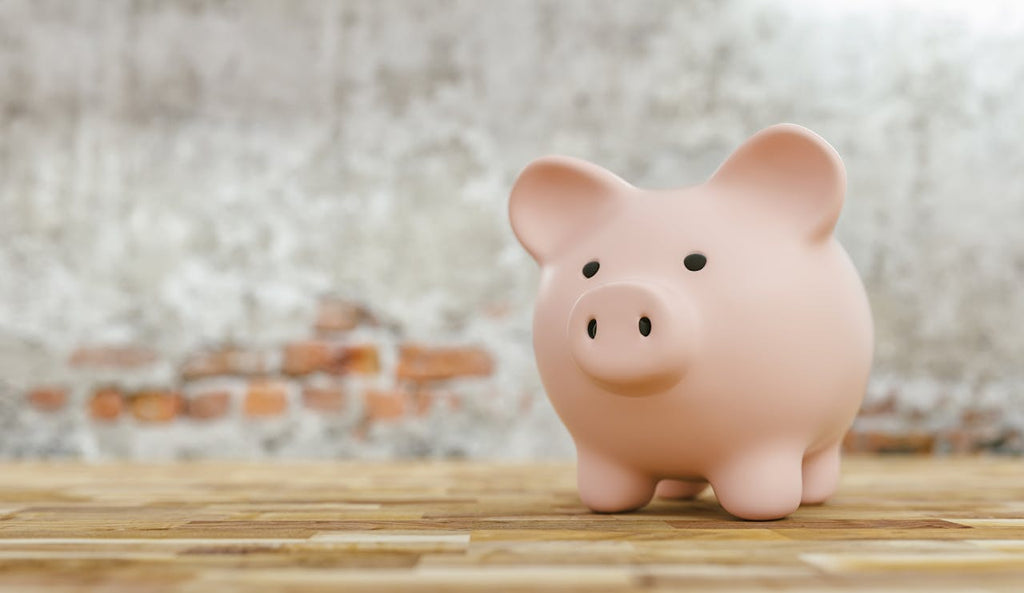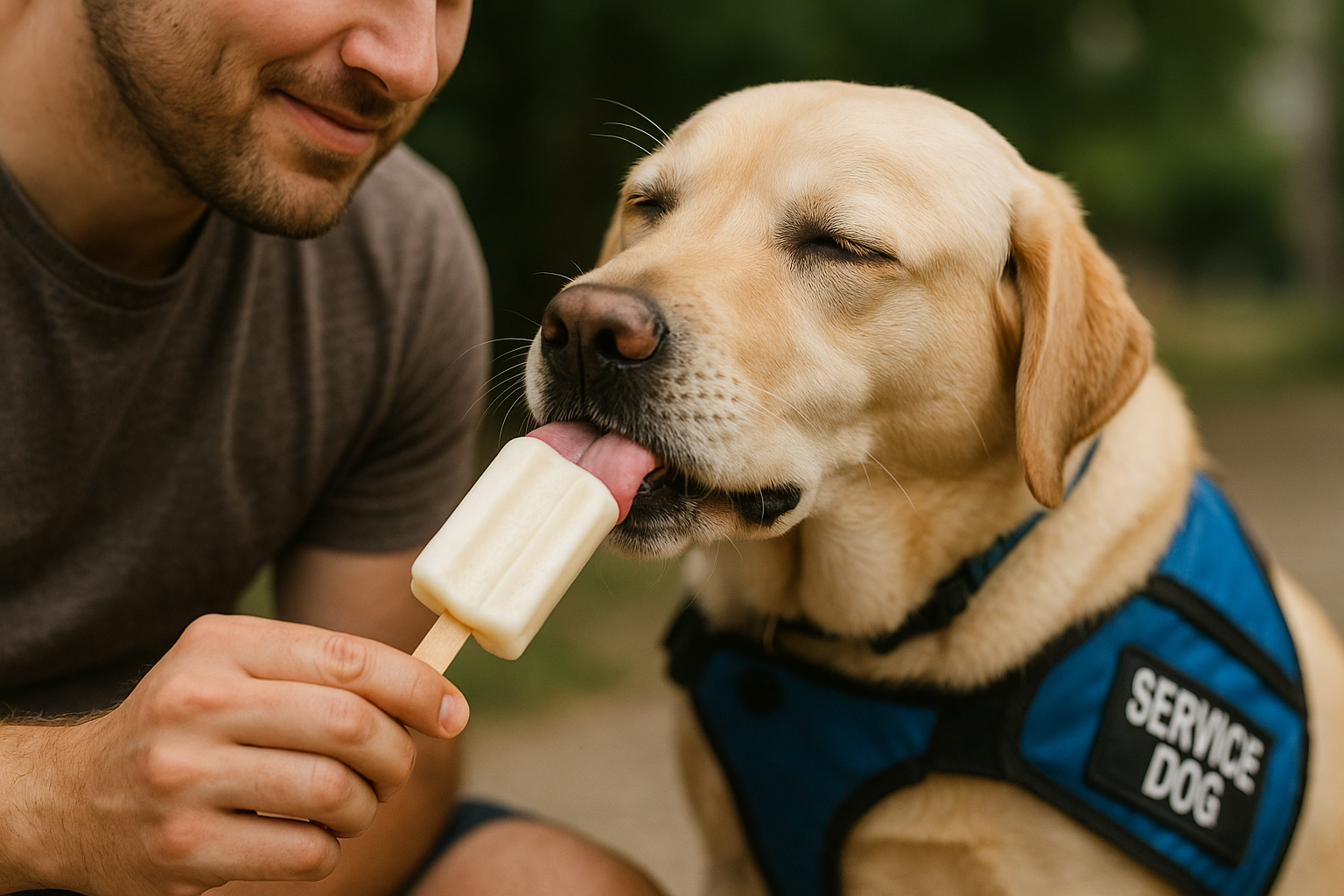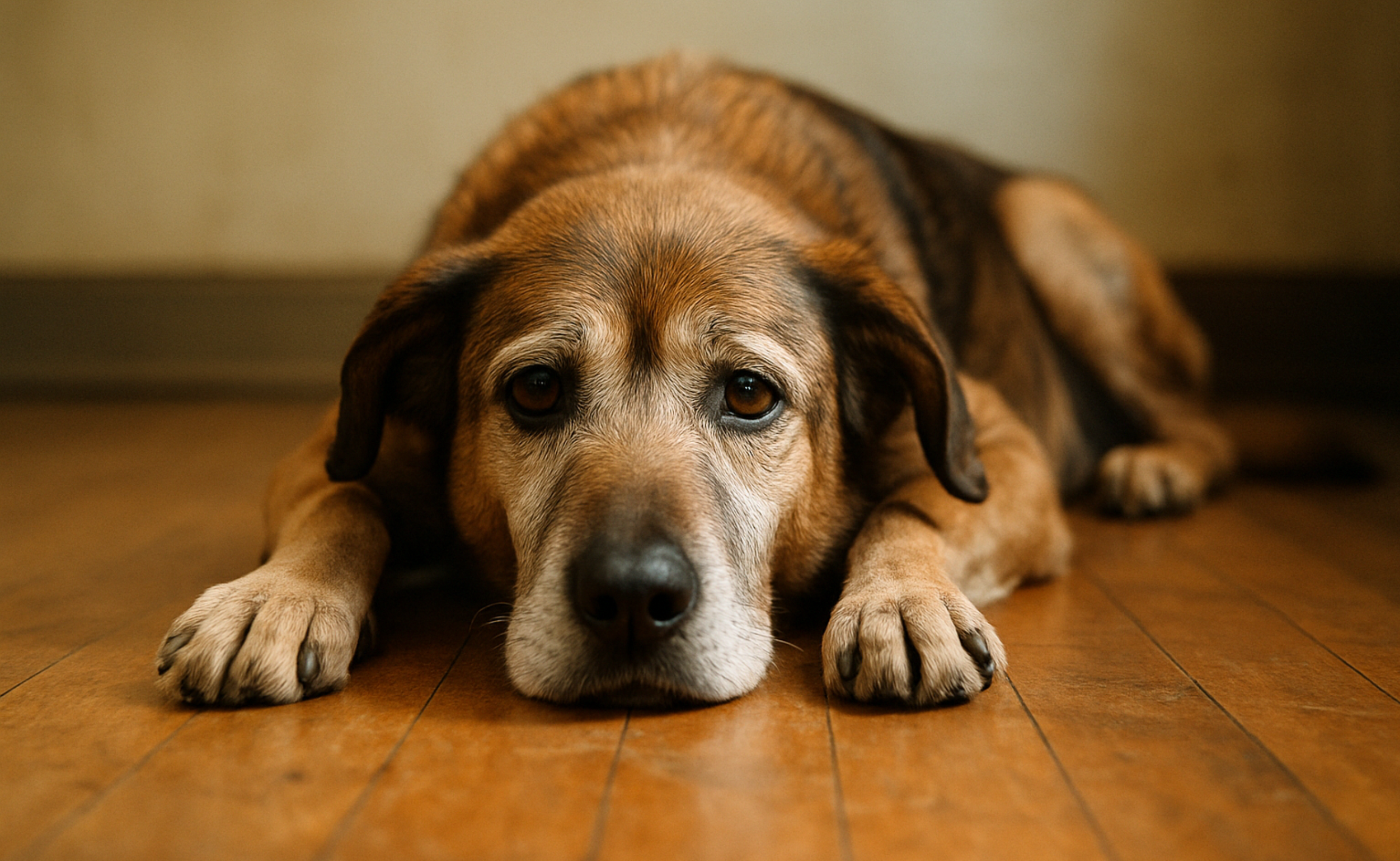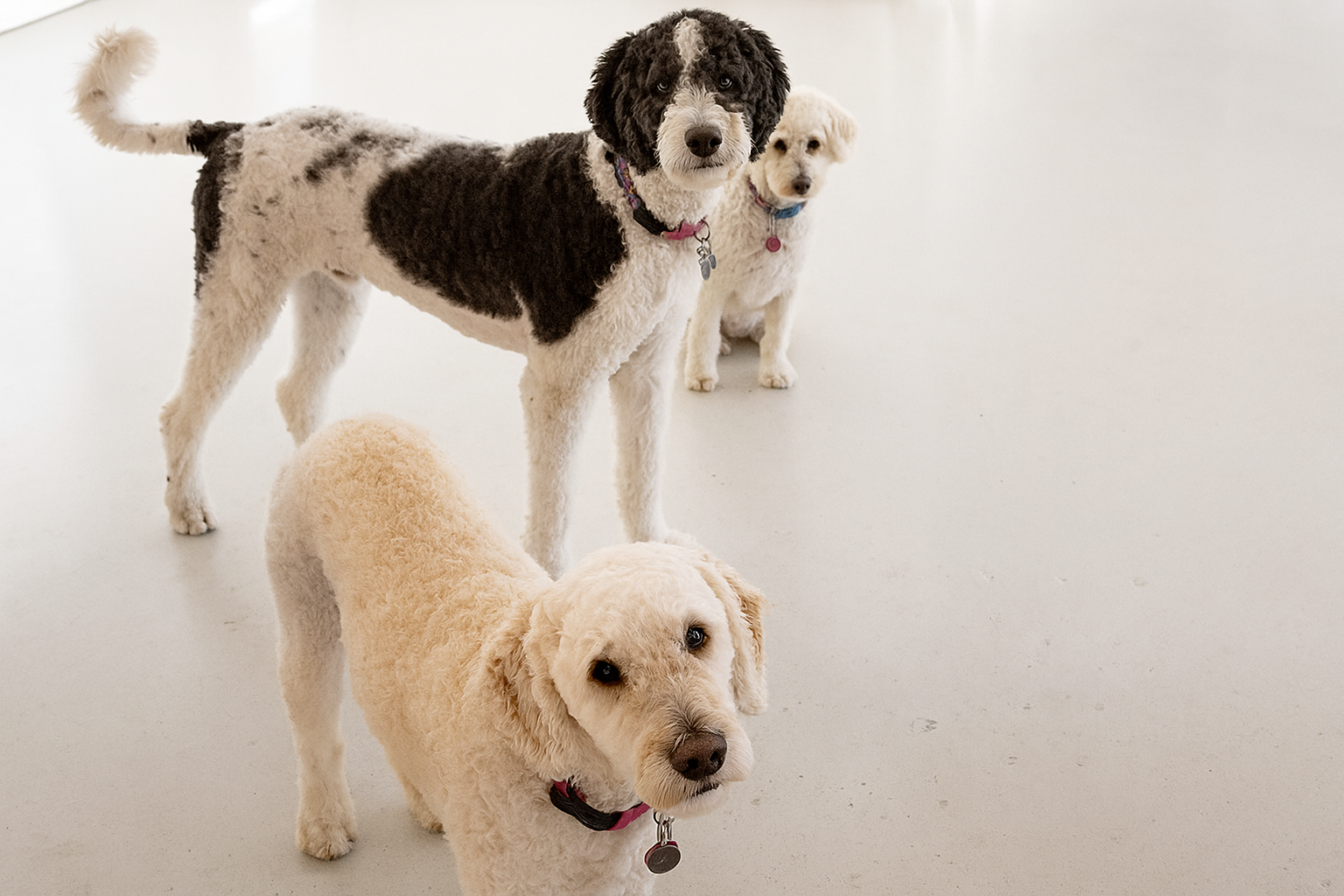Puppy Vaccinations: Costs and Considerations

Puppy vaccinations are crucial for the health and well-being of your furry companion. In this article, we will explore the importance of puppy vaccinations, the costs associated with them, how to choose the right vaccination schedule, and understanding vaccine side effects.
Key Takeaways
- Regular puppy vaccinations are essential for preventive health measures and disease prevention.
- Vaccination expenses include vaccine costs, veterinary consultation fees, and additional preventive care costs.
- Consider the puppy's age, health status, local disease risks, and lifestyle factors when choosing a vaccination schedule.
- Common vaccine side effects include mild reactions, but it's important to seek veterinary care if needed for severe reactions.
- Understanding long-term health considerations of vaccines is important for your puppy's overall well-being.
Importance of Puppy Vaccinations
Preventive Health Measures
Taking proactive steps in your puppy's health care is crucial. Vaccinations play a pivotal role in ensuring your furry friend grows up healthy and happy. By adhering to a vaccination schedule, you're not only protecting your puppy but also contributing to a broader community health effort.
Consider these preventive measures to safeguard your puppy's well-being:
- Regular check-ups with a veterinarian.
- Maintaining a balanced diet tailored to your puppy's age and breed.
- Using appropriate grooming products, like a 16 oz. USA-made shampoo, to keep their coat clean and parasite-free.
- Ensuring they get plenty of exercise and socialization to support physical and mental health.
Remember, a well-cared-for puppy is more likely to develop a robust immune system, making them better equipped to handle vaccinations and resist diseases.
You may also like: How To Be A Better Pet Parent in 2024
Disease Prevention
Vaccinating your puppy is a critical step in safeguarding not only their health but also the well-being of other pets and people in your community. By preventing the spread of contagious diseases, vaccinations play a pivotal role in maintaining a healthy pet population.
- Canine Parvovirus
- Canine Distemper
- Rabies
These are just a few of the diseases that vaccinations can protect against. It's important to remember that some of these illnesses, like rabies, can also pose a threat to human health. By keeping your puppy up-to-date with their vaccinations, you're contributing to the larger effort of disease control and prevention, ensuring a safer environment for everyone.
Public Health Benefits
Vaccinating your puppy goes beyond the immediate health of your furry companion; it's a step towards safeguarding the community at large. By immunizing your pet, you contribute to the wider public health effort to control and eliminate the spread of infectious diseases. This collective responsibility helps to create 'herd immunity,' which protects those animals that are too young or too ill to be vaccinated.
Key public health benefits include:
- Reduction in the risk of disease outbreaks
- Protection of wildlife from diseases carried by domestic animals
- Decreased chance of zoonotic diseases transferring to humans
Remember, by keeping your puppy healthy, you're also playing a part in preventing potential health risks to yourself and others. Don't risk it; regular vaccinations can add years to your pet's life and, by extension, improve public health.
You may also like: The Dog Blog - Pet Community News & Tips
Costs Associated with Puppy Vaccinations

Vaccine Expenses
Understanding the costs associated with puppy vaccinations is crucial for budgeting and ensuring your new companion gets the care they need. Vaccine expenses can vary widely depending on several factors, including the type of vaccine, the location of the veterinary clinic, and whether the vaccine is a core or non-core vaccination.
- Core vaccines, which are essential for all puppies, typically include protection against parvovirus, distemper, and rabies. These are often administered in a series of shots over the first few months of a puppy's life.
- Non-core vaccines are given based on specific risks and lifestyle factors, such as the likelihood of exposure to Lyme disease or kennel cough.
Always inquire about the cost of each vaccine before scheduling an appointment. Some veterinary clinics offer vaccine packages that bundle several vaccinations at a reduced cost, which can be a more economical option. Additionally, look out for local vaccine clinics or community events that may offer discounted rates.
Veterinary Consultation Fees
Beyond the price of the vaccines themselves, you'll need to consider the cost of veterinary consultation fees. These fees can vary widely depending on your location, the veterinary practice, and the specific needs of your puppy. Generally, you can expect to pay for the veterinarian's time, expertise, and the use of their facilities.
- Initial examination: This is crucial for assessing your puppy's overall health and determining the appropriate vaccination schedule.
- Follow-up visits: These are necessary to administer the vaccines and monitor your puppy's response to them.
- Emergency consultations: Should your puppy react adversely to a vaccine, additional costs may be incurred.
Remember, investing in your puppy's health early on can save you from more significant expenses and health issues in the future. According to a report by USA Today, the average vet visit costs Americans anywhere from $55, which is a small price to pay for your furry friend's well-being.
Additional Preventive Care Costs
Beyond the immediate vaccine expenses and veterinary fees, additional preventive care costs should not be overlooked. These can include a variety of measures that contribute to your puppy's long-term health and well-being:
- Routine parasite control to prevent fleas, ticks, and heartworms.
- Nutritional supplements or special diets, particularly if your puppy has specific health needs.
- Spaying or neutering, which can prevent future health issues and unwanted litters.
Remember, investing in these preventive measures can save you money in the long run by avoiding costly treatments for preventable conditions. While vaccines for dogs range from $20 to $60 per vaccine, with prices varying according to the specific vaccine, these additional care elements also contribute to the overall cost of maintaining your puppy's health.
Choosing the Right Vaccination Schedule
Puppy's Age and Health Status
When scheduling vaccinations for your puppy, their age and health status are crucial factors to consider. Puppies typically receive a series of vaccinations starting at 6 to 8 weeks of age, with boosters following every 3 to 4 weeks until they are about 16 weeks old. This timeline is vital to ensure that your puppy develops a strong immune system.
- At 6 to 8 weeks, puppies usually begin with core vaccines, including distemper and parvovirus.
- By 10 to 12 weeks, additional vaccines, such as for hepatitis and parainfluenza, may be administered.
- Around 13 to 16 weeks, puppies generally get their first rabies shot, which is a legal requirement in many areas.
It's important to note that the exact timing can vary based on the puppy's health and the specific vaccine protocol recommended by your veterinarian. Puppies with health concerns or those who are nursing may have a modified schedule. Always consult with your vet to determine the best course of action for your furry friend.
Local Disease Risks
Understanding the local disease risks is crucial when choosing the right vaccination schedule for your puppy. Different regions may have varying prevalences of certain diseases, which can influence the types of vaccines your puppy needs. For example, if you live in an area where Lyme disease is common, your veterinarian might recommend a Lyme vaccine.
Consider the following steps to assess local disease risks:
- Research prevalent diseases in your area.
- Consult with your local veterinarian for region-specific advice.
- Check for any outbreaks or alerts in your community.
By staying informed about the local disease landscape, you can make better decisions for your puppy's health and ensure they receive the most appropriate protection.
Lifestyle Factors
Your puppy's daily routine and environment play a crucial role in determining the appropriate vaccination schedule. Consider your dog's level of interaction with other animals, as pets that frequently socialize at parks or doggy daycares may be at higher risk for certain diseases and thus require additional vaccinations.
- If your puppy is a future show dog or will be traveling with you, exposure to more diverse environments and animals can increase the risk of contracting transmissible diseases.
- For those leading a more secluded lifestyle, such as indoor-only pets, the risk may be lower, and fewer vaccinations might be necessary.
Always consult with your vet, as they can assess your pup's overall health, lifestyle, and risk factors to assist you in deciding whether vaccinations are appropriate for your dog. Note that any change in your dog's behavior after vaccination should be monitored and discussed with your vet.
Understanding Vaccine Side Effects
Common Reactions
After your puppy receives vaccinations, it's normal to notice some mild reactions. These are typically signs that your puppy's immune system is responding to the vaccine and building protection. Common reactions include temporary lethargy, mild fever, and reduced appetite.
- Lethargy or decreased activity
- Mild fever
- Reduced appetite
- Slight swelling or discomfort at the injection site
Most puppies will bounce back quickly, often within a day or two. However, if you observe symptoms like sneezing, coughing, or a runny nose, these too are generally mild and short-lived. It's important to monitor your puppy during this time and ensure they remain comfortable and hydrated.
When to Seek Veterinary Care
While most puppies handle vaccinations well, it's crucial to know when to seek veterinary care for potential adverse reactions. If you notice any of the following symptoms in your puppy after a vaccination, it's time to contact your vet:
- Persistent vomiting or diarrhea
- Swelling of the face, eyes, or muzzle
- Difficulty breathing
- Severe coughing or collapse
These symptoms could indicate a more serious reaction, such as an allergic response or anaphylaxis. Remember, timely intervention can be critical. Additionally, if your puppy exhibits any unusual behavior or symptoms that concern you, even if they are not listed above, do not hesitate to reach out to your veterinarian. It's always better to be cautious when it comes to the health and well-being of your new companion.
Long-Term Health Considerations
When considering vaccinations for your puppy, it's crucial to think about the long-term health implications. Vaccines are generally safe, but like any medical intervention, they can have rare long-term side effects. It's important to monitor your pet's health after vaccinations and keep a record of any reactions.
- Keep an eye on your puppy's behavior and physical health in the weeks following vaccination.
- Note any changes and consult with your veterinarian if you have concerns.
- Ensure your pet's medical records are up-to-date with all vaccine-related information.
By staying informed and vigilant, you can help ensure that your puppy remains healthy throughout its life. Remember, the benefits of vaccinations far outweigh the potential risks, but being aware of these risks is part of responsible pet ownership.
For additional resources on pet health and preventive care, you may find websites that offer a variety of products for pets, including those that are sulfate-free and paraben-free, which can be gentler on your puppy's skin and coat.
Bottom Line
In conclusion, puppy vaccinations are essential for ensuring the health and well-being of your furry companion. While the costs of vaccinations may vary, the long-term benefits far outweigh the initial investment. It is important to consult with your veterinarian to create a vaccination schedule that meets your puppy's specific needs. By staying up-to-date on vaccinations, you can help protect your puppy from potentially life-threatening diseases and contribute to a healthier and happier life together.
Share this article
written by


